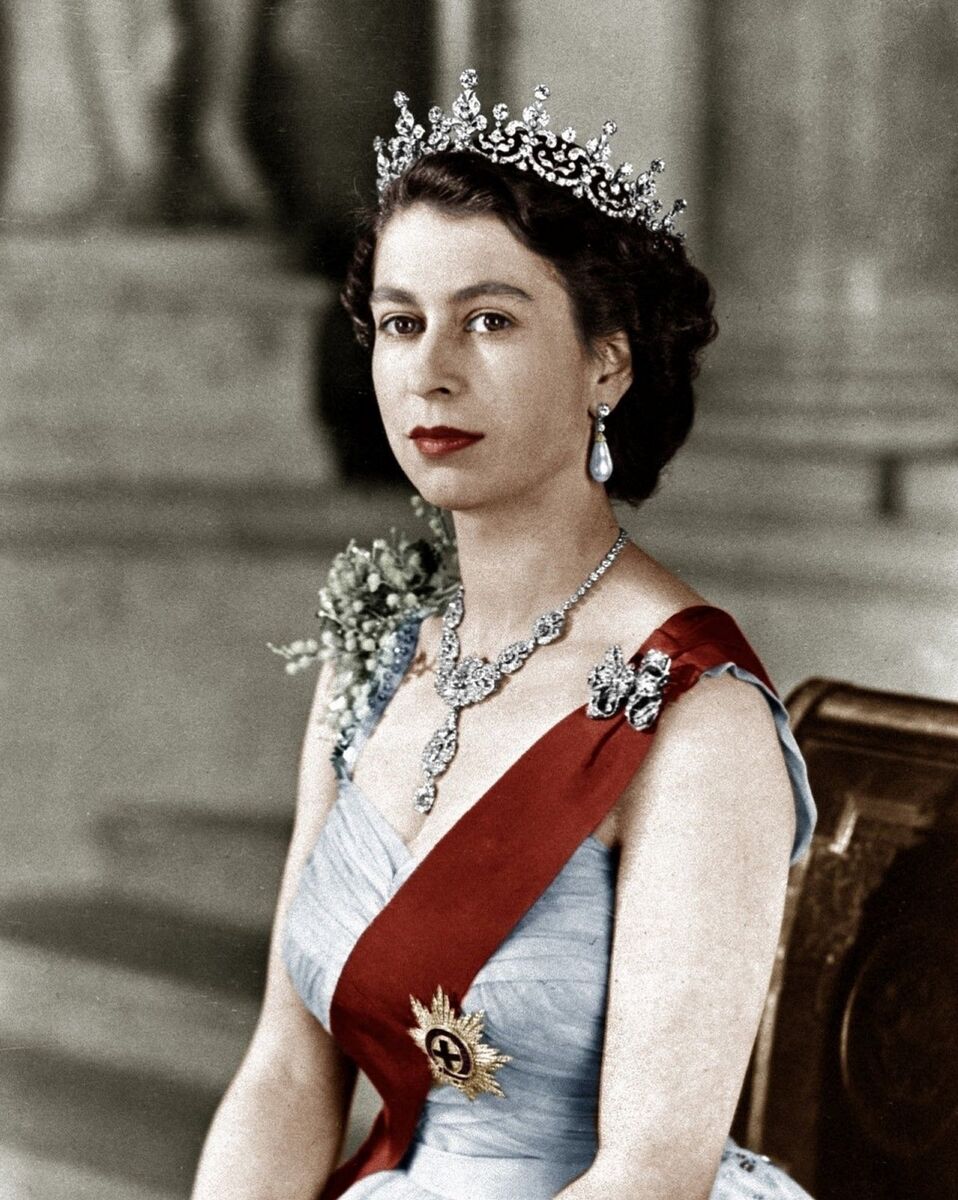
Introduction
Queen Elizabeth II, the longest-serving monarch in British history, passed away on September 8, 2022, leaving behind a profound legacy that continues to shape the United Kingdom and the Commonwealth. Her reign lasted over 70 years, and her commitment to duty and service has positioned her as a significant figure in modern history. As the world reflects on her impact, it is essential to understand the relevance of her contributions, not only to the British monarchy but also to international relations, politics, and global culture.
Key Contributions and Milestones
Queen Elizabeth II ascended to the throne on February 6, 1952, following the death of her father, King George VI. Her early reign was marked by significant events, such as the decolonization of Africa and the establishment of the Commonwealth of Nations as a symbol of unity among nations that had once been part of the British Empire. Throughout her reign, she witnessed tremendous change, including advancements in technology and shifts in societal values.
Her ability to adapt to changing times was evident through her use of modern communication, which brought the monarchy closer to the public. Events such as her annual Christmas broadcasts, televised royal engagements, and more recently, her involvement with social media, allowed her to connect with diverse audiences across generations.
Queen Elizabeth’s Influence on Global Affairs
Queen Elizabeth II played a crucial diplomatic role over the decades, hosting numerous state visits and meetings with leaders from around the globe. Her reign spanned turbulent periods, including the Cold War, the rise of the European Union, and the ongoing challenges of climate change and global health. During these times, her status as a neutral figure provided stability and continuity in international relations.
Furthermore, her dedication to charitable work and numerous patronages reflected her commitment to social issues, which resonated deeply with the public. She supported various causes ranging from education to health and environmental sustainability, leaving a lasting impact on the charitable landscape.
Conclusion
Queen Elizabeth II’s legacy goes beyond her royal title; it encompasses her unwavering dedication to public service and her ability to unite people across nations. As the world continues to navigate a post-Elizabeth era, her influence remains deeply felt within the Commonwealth and beyond. Her passing marks the end of an era, but her values of duty, resilience, and diplomacy will likely continue to inspire future generations. The evolving narrative of the British monarchy will undoubtedly be shaped by her example, as leaders look to carry forward the principles she embodied throughout her remarkable life.



